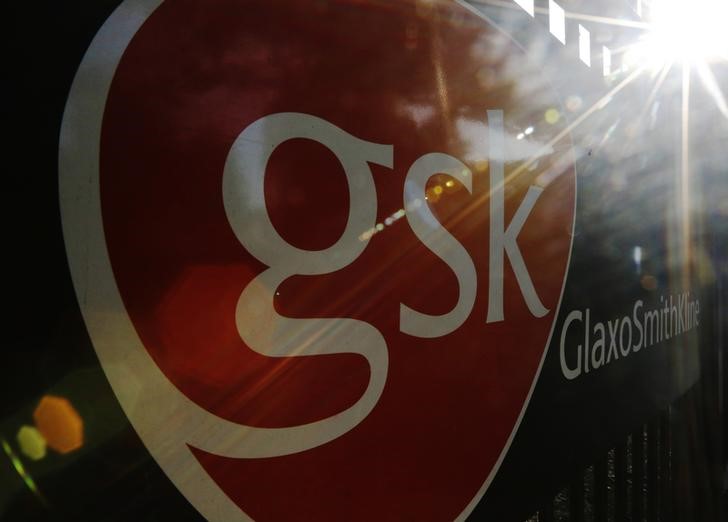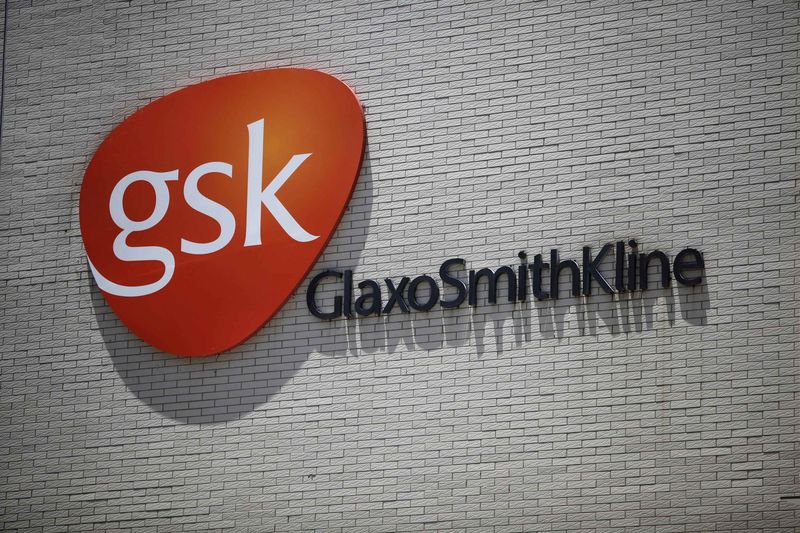By Ben Hirschler
LONDON (Reuters) - GlaxoSmithKline (L:GSK) moved to reclaim its prowess as a research powerhouse on Wednesday by flagging up dozens of new drugs and vaccines in development, as demand for new HIV medicines helped it beat quarterly profit forecasts.
Strong sales of Tivicay and Triumeq validated GSK's decision in May to keep its HIV business, rather than spinning it off, and offset a further slide in revenue from lung drug Advair and lower group profit margins following a major business overhaul.
The drugmaker recently sold its marketed cancer drugs to Novartis (VX:NOVN) and bought the Swiss group's vaccines, while increasing its consumer health business through a joint venture.
The $20 billion-plus (£12.8 billion plus) asset swap was designed to ensure sustainable growth, but the strategy will take time to pay off and GSK reiterated its forecast for a high-teens percentage decline in 2015 earnings, at constant exchange rates.
Chief Executive Andrew Witty, who reset expectations for the group three months ago, is now under intense pressure to deliver a promised recovery from next year, following past profit disappointments and a damaging corruption scandal in China.
Longer-term hopes hinge on the company's research pipeline and GSK said it had around 40 new drugs and vaccines in Phase II or Phase III clinical development.
Witty told reporters he was particularly excited about a new shingles vaccine, as well as experimental drugs for chronic lung disease and asthma, anaemia and heart disease.
R&D DAY
The company plans to showcase its line-up of novel treatments at a research and development (R&D) event in New York in November, which Witty said would be a "key moment" for the company. GSK last held such an R&D day in 2003.
"The company has tested the patience of long-term investors over the past few years," said EdenTree Investment Management analyst Ketan Patel. "Looking forward, the focus on the R&D day in November will be a key catalyst."
Shares in the company were up 3.5 percent by 1250 GMT, outpacing a 1.3 percent gain in the European healthcare sector (SXDP).
In sterling terms, sales rose 6 percent to 5.9 billion pounds in the three months ended June 30, reflecting the first full quarter that included products previously owned by Novartis.
However, core operating profit of 1.35 billion pounds generated earnings per share (EPS) which were down 9 percent at 17.3 pence because of lower returns on Advair and the fact GSK has swapped high-margin cancer drugs for less profitable consumer products.
Analysts on average had forecast sales of 5.9 billion pounds and core EPS, which excludes certain items, of 16.7p, according to Thomson Reuters.

The company, which promised in May to pay a steady dividend for three years, said it would pay out 19p for the quarter.
